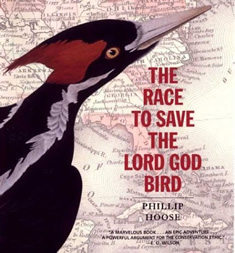 The upcoming Common Core standards have created a healthy debate amongst educators about the role of non-fiction in the classroom. The Common Core English Language Arts standards, now adopted in 45 states, are calling for elementary students to be reading 50% non-fiction with that percentage building to 70% by the conclusion of high school.
The upcoming Common Core standards have created a healthy debate amongst educators about the role of non-fiction in the classroom. The Common Core English Language Arts standards, now adopted in 45 states, are calling for elementary students to be reading 50% non-fiction with that percentage building to 70% by the conclusion of high school.
On one side English teachers justifiably fear that the new standards will mean cutting back on fiction, poetry, and drama. On the other side teachers of all disciplines are welcoming the new attention payed to the renaissance of excellent non-fiction books being produced for children and young adults. (See the excellent Washington Post article, “Common Core Sparks War Over Words“.)
According to a follow-up article in the Washington Post, the Common Core authors have come forward with a list of “exemplars” or books and documents that they suggest high school students should be reading. On the short list was Phillip Hoose’s The Race to Save the Lord God Bird, a book, which like Moonbird, profiles the ecological uniqueness and fragility of an individual species.
In reviewing The Race to Save the Lord God Bird, the Washington Post said, “There is probably more passion, sadness, villainy, heroism and sheer suspense in this account of the decline of the ivory-billed woodpecker than in any other book, of any genre, destined for young readers…a magnificent book, and not just for kids.” Perhaps the architects of the new standards and the educators that question those standards can all agree that, regardless of the percentage of fiction versus non-fiction, “magnificent” books should always be used in the classroom.
Phillip Hoose was honored enough for the book to be called “magnificent” by the Washington Post, but the Common Core “exemplar” status means more readers will be introduced to a bird so magnificent itself, that its name originated from people breathing the words, “Lord God” when they beheld it.
